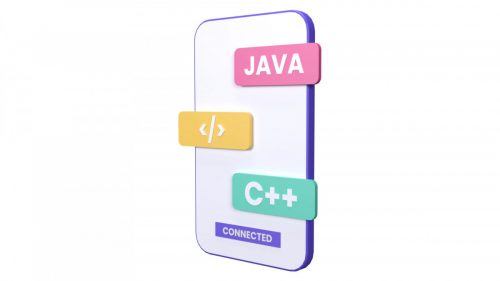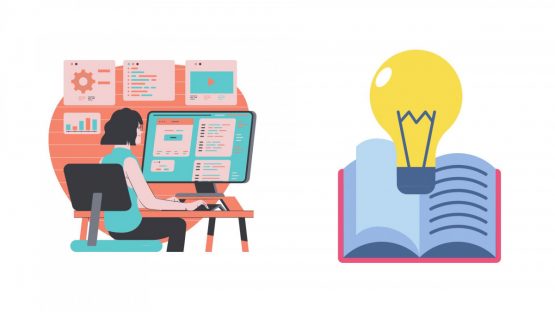Programming is an interesting hobby and offers great opportunities to earn a lot of money. That’s why many people want to get into programming. However, they often have no idea what programming language they should choose to learn first.
I am a programmer myself, and I want to help you choose the best programming language based on my experience.

Step #1: Decide What Type of Projects You Want to Make
The first thing you have to do is think about what kinds of projects you want to make.
Do you want to be a game developer? Do you want to be a web developer? Or do you want to deal with machine learning?
This step is actually very important because almost every programming language has one or more areas where it is better suited than other languages. For example, C# works best for Windows applications and games, whereas Python is often used for machine learning projects and data science.
Also, keep in mind that not every programming language is entirely platform-independent! For example, C# can be used on different operating systems like Linux, however, it has been primarily designed for Windows.
If you aren’t really sure what exactly you want to make, you can still start with learning one of the more common languages like Python, Java, or C++. With those languages, you are usually capable of implementing most projects.
Step #2: Pick Some Suitable Languages & Do Research
Now that you have decided on a more precise area of programming, you can start picking some languages that are suitable for your desired types of projects. Additionally, you may want to do some research about the programming languages you’ve chosen to compare them and pick the best one.
To do so, watch YouTube videos, read articles, or get in touch with other programmers.
Even though the research is important because you don’t want to regret your decision later on, you shouldn’t spend too much time on it. I’d say two or three days of research are more than enough. You do not want to fall into procrastination!
Here's a list of the most common programming languages with their main use cases:
|
|
Step #3: Decide on a Programming Language
Finally, you have to select one language that you want to learn. For your decision, you can use the notes from your research to directly compare the advantages and disadvantages of every language.
If you have decided on a language, you should start learning it right away.
Recommended: How to learn a programming language the right way!

General Recommendation / Conclusion
Even though a high-level programming language like Python is easy to learn, I suggest learning a harder, more low-level language like C++.
Many people will have a different opinion, but let me explain.
A high-level language like Python might be easy to learn, but it doesn’t teach you how programming languages actually work. Therefore, learning a more low-level programming language like C++ will make you a better programmer, as you’ll know how it really works and what is going on inside your computer. Additionally, you’ll find it easier to learn new languages because you already know the twist, especially if the new language has a similar syntax to the one you already know (A lot of languages are similar to the C syntax like C++, C#, or Java).
Thanks for reading!

